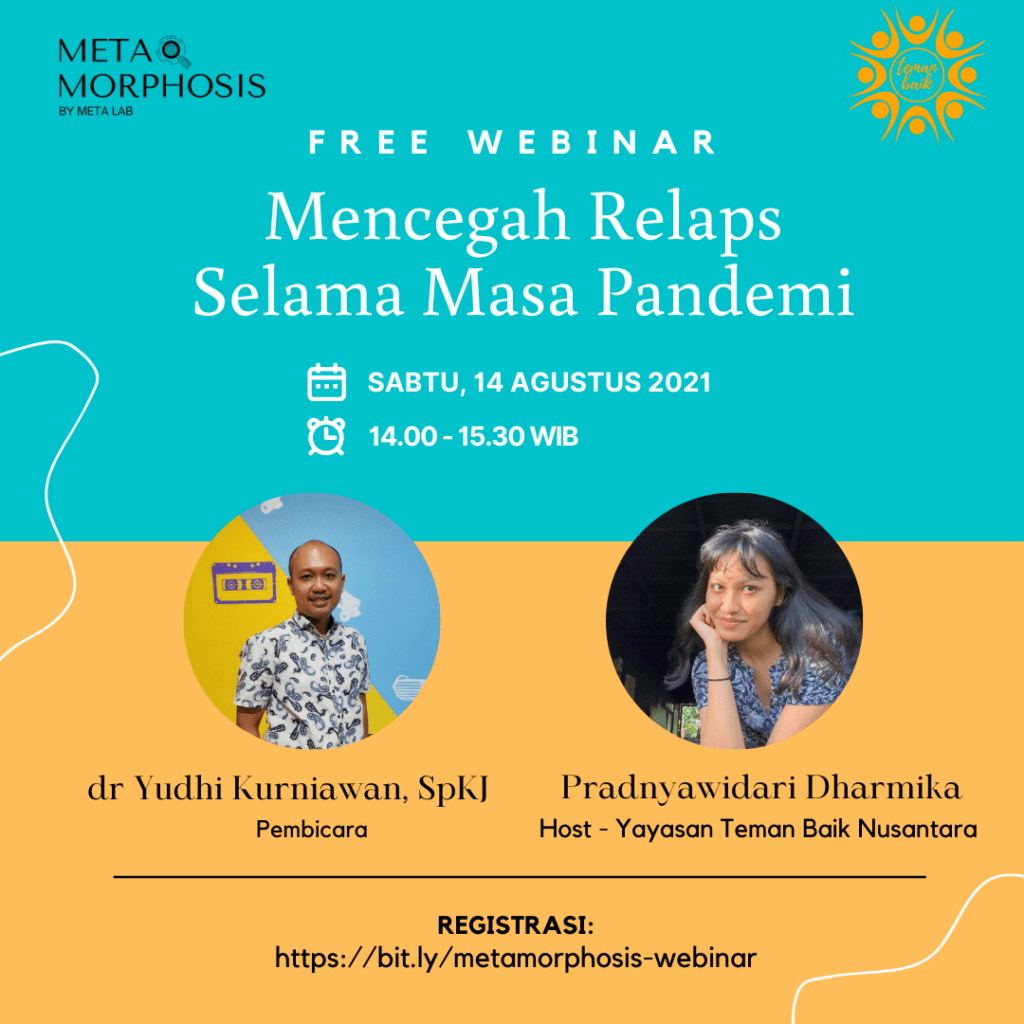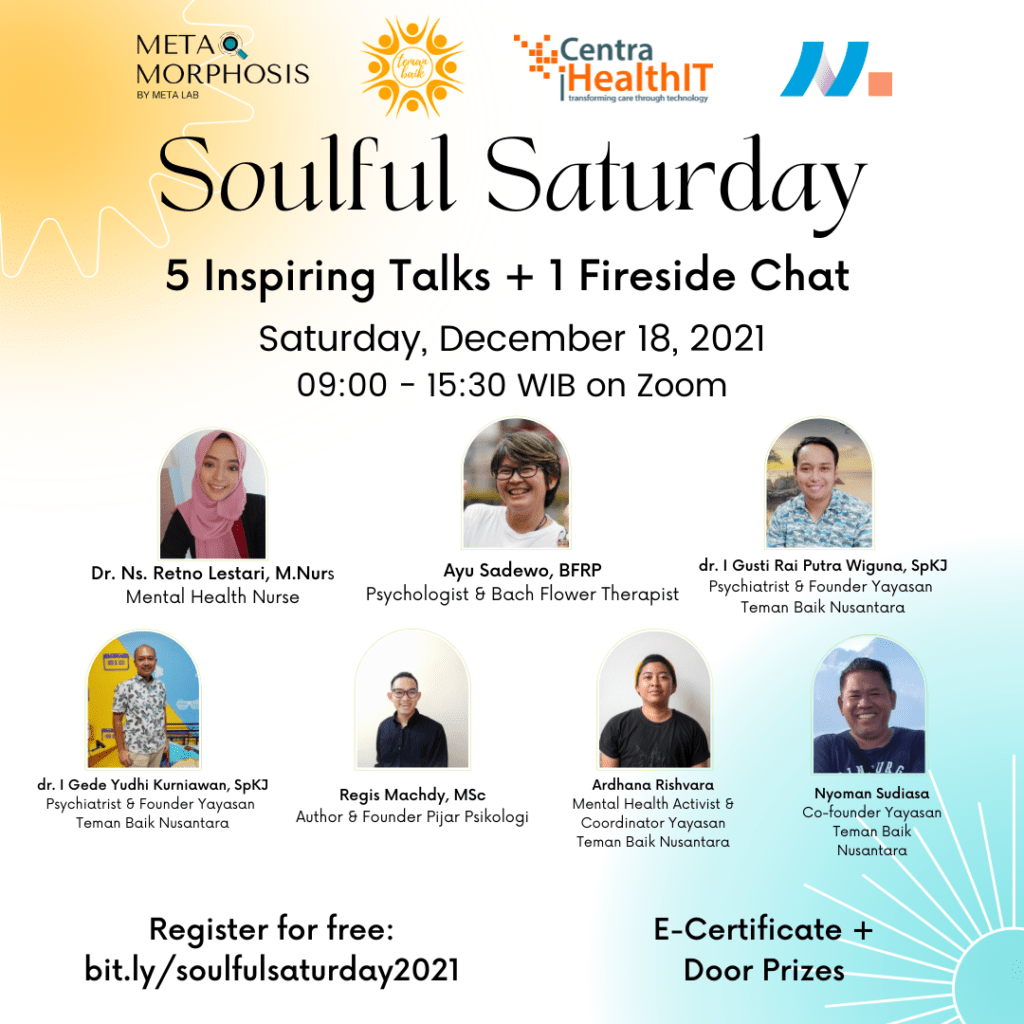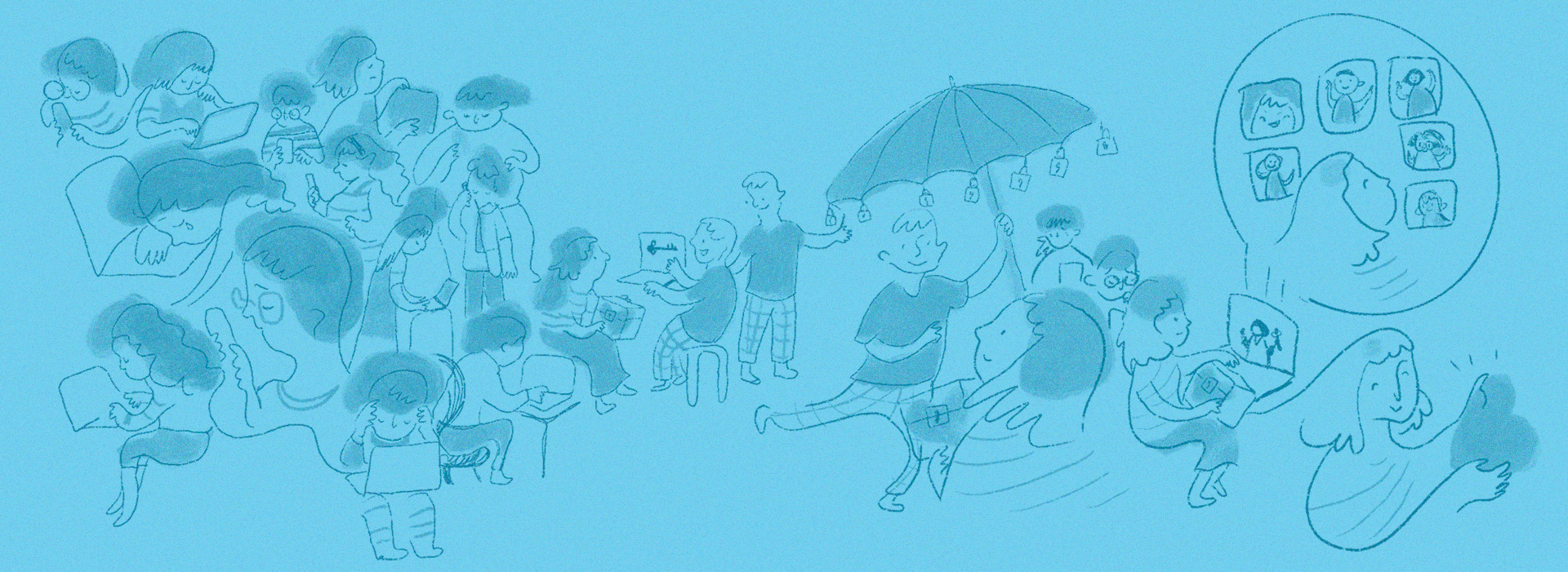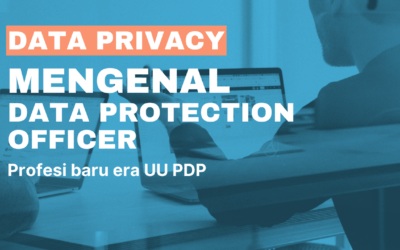Solving complex real-world problems with innovation is our passion, and this is the reason why Metamorphosis came into existence. Powered by data, powered by people, Metamorphosis is Meta Lab’s initiative to take part in addressing one of the world’s emerging issues: mental health.
Mental Health Gap
We’ve seen gaps everywhere, and we found that gaps in accessing mental health resources are pretty unique. One obvious gap, as easily observed in any major sector such as education and healthcare, is the economic gap, the gap between rich and poor. In this case, some people with limited economic resources are not privileged enough to see mental health professionals when they encounter certain mental illness symptoms. But unlike physical health problems, in some parts of the world, there is still stigma towards people with mental health problems. This results in another gap that has nothing to do with economic resources. Afraid of being judged and discriminated against, such a gap makes some people have less or no courage to seek professional help when they experience mental illness symptoms.
Crowdsourcing
We’ve seen how people’s power changes and revolutionizes things around the world. Crowdsourcing is a form of people power, it is when people come together for a common goal. In the digital world, the crowdsourcing model is at the core of platforms like Wikipedia, Waze, Kickstarter, and Kitabisa. In the health sector, we have CrowdMed, Stuff That Works, and some others. Metamorphosis’ spirit is no different than those platforms, we want to bring people with mental health problems together for a common goal. Well, actually two common goals.
What We are Working Towards
Together we can build a pre-diagnosis tool for people with mental illness symptoms. Given the symptoms, people can get pre-diagnosis of which mental health conditions they’ve been experiencing. Moreover, we can find out together which treatments work best for each mental health condition. Given the condition, people can get recommendations of which treatment works best for their condition. In building these pra diagnosis and treatment recommendation systems, we use statistical and machine learning techniques to analyze the crowdsourcing data we receive from people with mental health problems taking the survey.
How It Works
People who have been diagnosed with certain mental illnesses share their symptoms and treatment experiences by taking the online survey. The user information is encrypted and, thus, when this data is ready to be analyzed, it is already anonymous. Using this anonymous dataset from crowdsourcing, we create machine learning-based frameworks to pre-diagnose mental health conditions (given the symptoms) and recommend treatments that work best (given the conditions). The machine learning models are continuously updated as more people contribute and take the survey. Theoretically, we expect to have better models as we receive more data.
Those who have been experiencing certain mental illness symptoms, but either never got the chance to get diagnosed by the professional or want to get a second opinion, in fact, people’s opinion, can visit our platform to get pre-diagnosis by entering their list of symptoms. Those who have been diagnosed by professionals or pre-diagnosed by our platform can visit our platform to get recommendations on which treatments work best by entering their mental health conditions.
Our long-term goal is to create a space for the community where mental health survivors, people suffering from mental health problems, people experiencing mental illness symptoms, mental health professionals, mental health advocates, mental health practitioners, mental health enthusiasts can connect and share their experiences.
Where We are Right Now
We’re still at the stage of crowdsourcing to collect more and more data. We started the first phase of crowdsourcing early in June, and we still need many more data points to develop our initial model. Currently, we have 165 data points from 151 contributors with 27 different mental health conditions.
Our efforts in increasing the number of contributors and data points include organizing events in collaboration with mental health communities and healthcare organizations. Since our launch in June 2021, we have partnered with Yayasan Teman Baik Nusantara and Centra Health IT holding two free online events to discuss several topics in mental health. We invited nationally renowned mental health experts (psychiatrists, psychologists, authors, nurses, mental health advocates, and survivors) to share their knowledge and experience in dealing with mental health issues.




An invitation
If you share our vision and want to take part, please visit us for more information at www.metamorphosis.id. You can spread the word, contact us at [email protected], head over to our Instagram @metamorphosis.community for more updates.




